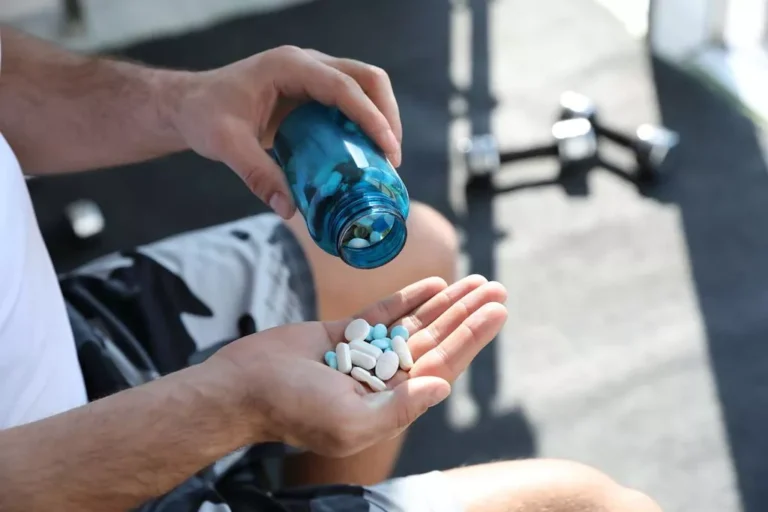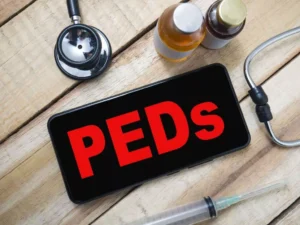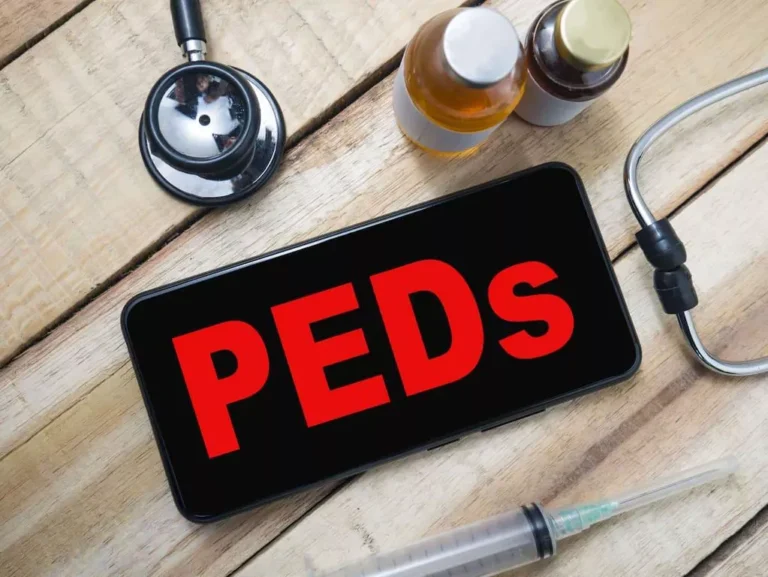Warning: Trying to access array offset on value of type bool in /var/www/wp-content/themes/enfold/framework/php/function-set-avia-frontend.php on line 536
8 Common Myths About Addiction and Recovery

Addiction is a hot topic for discussion and it’s ripe with misinformation and myths. It is a highly charged topic and many tend to have strong opinions about it, even if it has not affected them personally. These myths create stigmas about substance abuse that make it difficult for people to seek help. Common misconceptions about addiction and the character of a person can make it difficult for someone to willingly ask for help. Many would rather lie and struggle with addiction in silence than face the judgment of their friends, co-workers, family, and loved ones. It is time that we work on breaking the stigma of addiction and addiction recovery.
Illuminate Eating Disorders Awareness Week: Uncover signs, seek help, break stigmas, and embrace healing.
By debunking the myth that relapse is a sign of failure, we can create a more supportive and understanding environment for individuals in recovery. Recognizing that addiction is a complex disease and that recovery is a lifelong journey can help reduce stigma and encourage individuals to continue seeking the help they need. By debunking myths about addiction and recovery the myth that addiction is a moral failing, we can foster a more compassionate and effective approach to addiction and recovery.

Myth #2: Only Weak-Willed People Become Addicted
Proper treatment, such as a dual diagnosis program, is necessary to address both addiction and mental health issues. Education is key to combatting the stigma and misconceptions around addiction. We need to spread accurate knowledge, so society can understand the nature of addiction and the struggles of those seeking recovery. Genetic predisposition, environmental influences, and mental health issues are some of the contributors to addiction. Treatment attempts to tackle these factors and equip people with the means to control cravings, cope with stressors, and practice healthier coping methods.
Master proper use of methylphenidate (oral route) for optimal health. Dosage guidelines, administration tips, and more!
“How do you know you wouldn’t do the same things if you lived within the same or similar circumstances? We host a free weekly sober support group on Monday nights, on Zoom. One of the most valuable things I did in early recovery was finding a community to support me and help me find my way.


Detox alone is unlikely to result in sustained recovery, but it is still necessary in many cases. Alcohol detoxification can be dangerous for the individual and should not be attempted alone. Alcohol withdrawal symptoms include tremors, arrhythmias, anxiety, sweating, high pulse/blood pressure, nausea, and seizures.
Myth 1: Addiction is a choice or moral failing
I answered that this was a logical and true answer, since getting drugs on the street was always more deadly than taking drugs under medical supervision. But I added that this was not a sufficient explanation for drug deaths due to everything from stimulants to the whole array of depressant-analgesic drugs rising in lockstep. Keep in mind that most people with addiction who experience a recurrence will return to recovery.
- This has caused social stigma, making it difficult for those struggling to get the support they need.
- Below is a summary of some common misconceptions and their real impacts on society.
Delve into the anxiety-debate featuring the chemical imbalance theory. Uncover the complexity beyond the controversy.
- Addiction is widely recognized as a complex disease that affects the brain and behavior.
- It allows individuals to focus on recovery without the constant struggle of intense cravings.
- It takes real effort, but it’s possible to find healthy ways to cope with mental health challenges.
- Even though the leading authorities on addiction agree that addiction is a chronic disease similar to heart disease, diabetes, and cancer, addicts are still treated as second-class citizens.
- Once a patient reaches a certain point in their progress, their medical team can then begin to ease up on the use of medications to treat their symptoms.
Visit any news article or blog topic about addiction and see what the comments section says—it is typically riddled with emotionally charged, often callous remarks about people with addiction. While entering treatment may seem like the obvious action to take, it’s easy to see why a person may hesitate in acknowledging the issue by seeking help. Especially in recent years, there is https://ecosoberhouse.com/ a common misconception that only “hard” drugs are dangerous. Prescription medication, alcohol, and marijuana are often categorized as “safer to use” because of legalization and normalization of use. Hard drugs tend to carry heavier social stigmas, while other substances may get a pass. Relapse is often viewed negatively, leading to the belief that it signifies failure.

